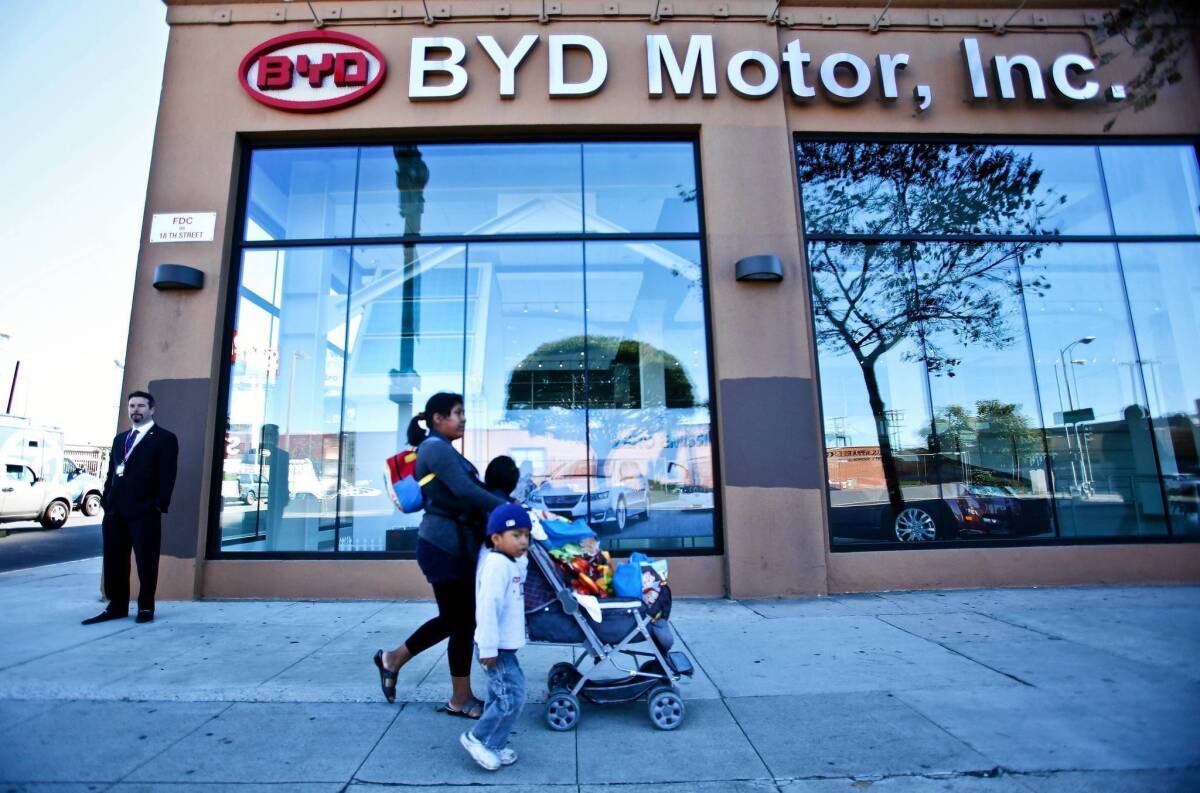Longtime state official Marty Morgenstern to retire

SACRAMENTO — After working at the top levels of state government in three administrations, Marty Morgenstern is calling it quits — again.
This time, California’s outgoing Labor and Workforce Development secretary is stepping down as head of the agency that oversees unemployment insurance, workers’ compensation and on-the-job safety.
At age 78, he has worked on and off for Gov. Jerry Brown, himself 75 years old. Morgenstern, who will remain an unpaid senior advisor to the governor, distilled his theory of government work to just three sentences:
“We never have enough money. We’ve always got to be careful with the money we spend. And, always make sure you spend the minimum amount of money to get the job done.”
Morgenstern grew up in the New York City borough of the Bronx. His first job was as a welfare worker in East Harlem in 1964, where he quickly became a union leader. In 1970, he moved to California as state director for the American Federation of State, County and Municipal Employees.
Morgenstern met Brown, then secretary of state, two years later. They hit it off intellectually. In 1975, Gov. Brown made him the state’s top labor negotiator, the first of a series of personnel-related jobs during Brown’s first two terms. Morgenstern held a similar post under Gov. Gray Davis from 1999 to 2003. And he came back to Sacramento with Brown’s third term in 2011.
David Lanier, who was Brown’s chief deputy lobbyist, is replacing Morgenstern in the cabinet-level post, which pays $182,500 a year.
Bus maker’s rebuttal
Chinese electric bus maker Build Your Dreams is firing back after state labor regulators issued $99,000 in civil penalties for alleged wage-and-hour violations.
Among other charges, the late October citations accused the company of paying Chinese employees less than the state’s $8-an-hour minimum wage.
Now, BYD is contesting the charge, saying that Chinese specialist workers are paid $2,200 a month. BYD, said Vice President Micheal Austin, is cooperating “to address any technical issues unique to California wage-and-hour law.”
Lobbying bonanza
July, August and September are the busiest months at the Capitol. That’s when the fate of hundreds of bills is decided. The most controversial involve heavy wooing and arm twisting of proponents and opponents.
The five biggest spenders on lobbying were two energy firms, a labor union, a business group and a utility.
Leading the list with $1.3 million in expenditures was the Western States Petroleum Assn., and $1 million by Aera Energy, a Bakersfield oil producer. Both were active in the debate over petroleum fracking.
Next was the California State Council of Service Employees. Concerned with minimum wage and overtime issues, it spent $985,000. The California Chamber of Commerce spent $901,000 to lobby lawmakers mainly on workplace and economic development issues. Pacific Gas & Electric Co. followed renewable energy and rate legislation, spending $748,000.
Twitter: @MarcLifsher
More to Read
Get the L.A. Times Politics newsletter
Deeply reported insights into legislation, politics and policy from Sacramento, Washington and beyond. In your inbox three times per week.
You may occasionally receive promotional content from the Los Angeles Times.











